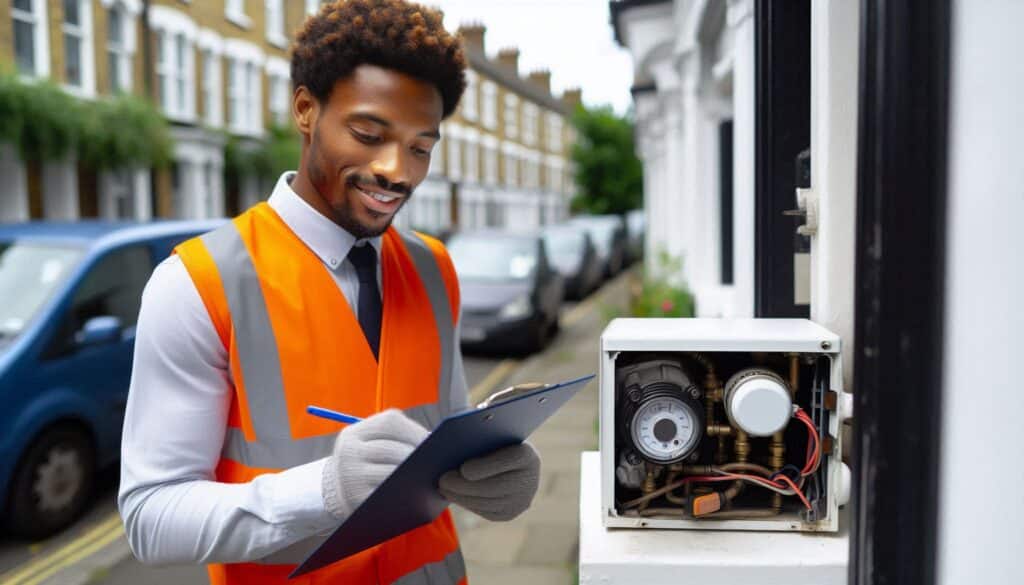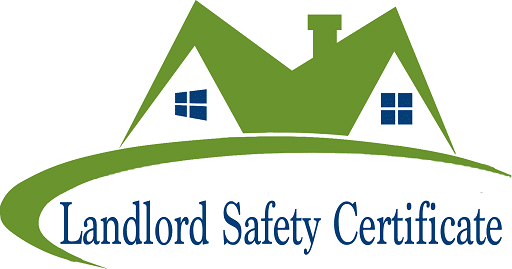
Stepping into the role of a landlord in London brings serious responsibilities — especially when it comes to safety. This guide offers a clear new landlord guide London around essential safety requirements. Plus, it covers property compliance basics that help you avoid legal pitfalls, protect your tenants, and ensure long-term success in the rental market.
If you’re new to renting out property, this section is a must-read. As outlined in this new landlord guide London, every property owner must meet key legal safety obligations to stay compliant and protect tenants.
Here are the basics:
Mastering these property compliance basics ensures your rental remains safe, legal, and ready for long-term success.
In England, landlords must register each tenant’s deposit with an approved Tenancy Deposit Scheme within 30 days. You must also provide tenants with Prescribed Information about the scheme.
Neglecting this step violates property compliance basics and can lead to compensation up to three times the deposit.
As a landlord in London, you are required to verify that tenants have the legal right to rent in the UK. Use the official checklist to validate passports, visas, or residence permits.
Failing to complete these checks properly breaches law and risks significant fines, making it essential for any new landlord guide London.
Ensure you comply with fire safety rules:
You should also include these checks in your property compliance basics checklist to minimise tenant risk.
As highlighted in any reliable new landlord guide London, handling repairs quickly is a vital part of your legal duties. Under the Landlord and Tenant Act 1985, you are responsible for maintaining heating systems, plumbing, electrics, and the structure of the property.
Delaying repairs not only risks tenant safety, but it can also lead to fines and legal issues. To meet property compliance basics, you should:
• Schedule regular inspections to catch issues early
• Log repair requests and completed works for reference
• Respond to emergencies quickly, ideally within 24 hours
By staying proactive, you protect your investment and meet your legal responsibilities.

A key part of this new landlord guide London is clear communication. On move-in, share:
• Copies of all certificates (Gas Safety, EICR, EPC)
• Instructions for using the boiler, cooker, and safety devices
• Reporting procedures and emergency contact details
Arm tenants with this knowledge and you support safer tenancies and better relationships.
Use this Landlord’s Checklist to stay compliant:
Fit this into your property compliance basics and you’ll reduce risk and raise standards.
Ignoring these responsibilities can carry steep consequences:
• Fines up to £6,000 for gas safety violations
• Compensation up to £3,000 for deposit mismanagement
• Licence suspension or prosecution for faulty HMOs
• Invalidated insurance if tenants are injured due to neglect
A proper new landlord guide London must emphasize prevention over cure.
Avoid common pitfalls that lead to non-compliance by reviewing our guide to landlord safety mistakes in London.
Digital tools help you stay organised:
By doing so, you’re applying modern property compliance basics that make management easier and less error-prone.
One of the most important tips in any new landlord guide London is knowing when to bring in qualified help. While some tasks are manageable, many safety checks require certified professionals to meet property compliance basics.
For example:
• Always hire a Gas Safe engineer for gas certification and appliance inspections.
• Use certified electricians (NAPIT or NICEIC) for EICRs and major electrical work.
• Call in fire safety experts if you’re managing an HMO or a larger, more complex property.
By relying on professionals, you not only stay compliant but also avoid expensive errors that could put your tenants at risk.
As a new landlord in London, one of your most crucial legal duties is maintaining gas safety. Although tenants may report issues, the ultimate responsibility lies with you. According to UK gas safety law, landlords must schedule an annual Gas Safety Certificate (CP12) and ensure all gas appliances are functioning properly.
But what about when things go wrong? Even if tenants misuse appliances, you’re still required to arrange inspections and necessary repairs. Understanding the landlord vs tenant gas responsibility is essential for preventing insurance disputes, fines, or worse — tenant injury. To dive deeper, check out our detailed article:
👉 Who’s Responsible for Gas Safety in a Rental Property
Educating tenants is one of the easiest ways to maintain safety and avoid misunderstandings. As part of your property compliance basics, provide a welcome safety pack. Include printed or digital versions of the Gas Safety Certificate, EPC, and Electrical Installation Condition Report (EICR).
Equally important, take a few minutes during move-in to explain what these certificates mean and why they matter. Many tenants don’t know their rights or responsibilities — for example, reporting ventilation issues or not blocking smoke alarms. For more communication tips, read:
👉 How to Explain Safety Certificates to Tenants
Starting off with a strong foundation in property compliance basics and following this new landlord guide London ensures you protect tenants, avoid legal trouble, and build a successful rental business. Set reminders, use qualified professionals, and stay proactive.

